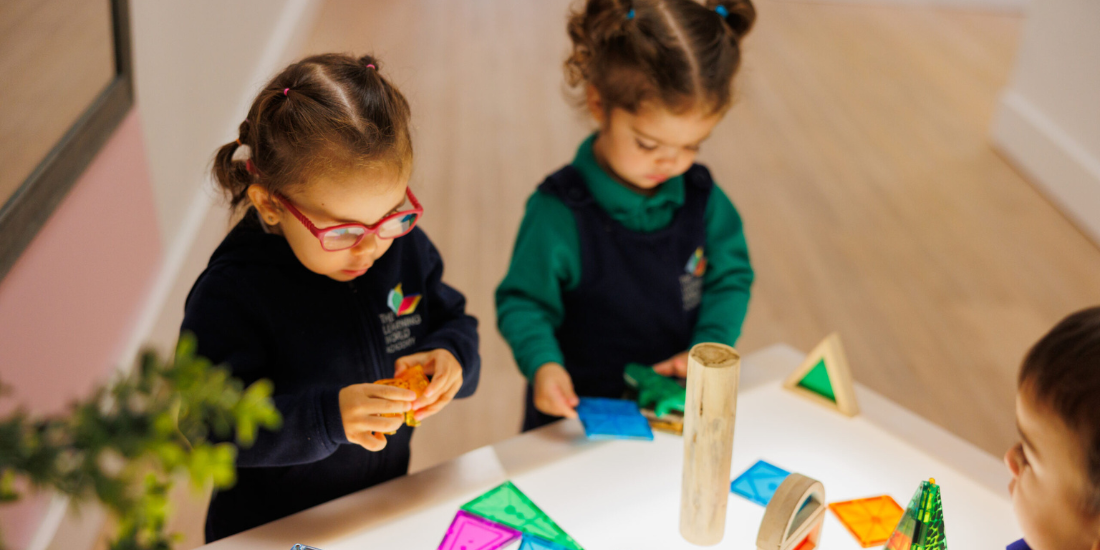
The Importance of Sleep for Preschoolers: Establishing a Bedtime Routine
Sleep plays a pivotal role in the development of young children, particularly during their preschool years. During this stage of rapid growth, adequate sleep is essential for cognitive, emotional, and physical well-being. As parents and caregivers, establishing a consistent bedtime routine is one of the most effective ways to ensure preschoolers get the rest they need to thrive. This guide for parents highlights why sleep is so important and how a structured bedtime routine can benefit overall health and development.
Cognitive Benefits of Sleep for Preschoolers
Preschoolers are in a critical phase of brain development, and sleep is crucial for their cognitive growth. When children sleep, their brains are not just resting; they are actively processing information, consolidating memories, and strengthening neural connections that support learning. A consistent bedtime routine helps regulate the internal clock, making it easier for little ones to fall asleep and wake up feeling refreshed. This is also essential for concentration, memory retention, and active participation in preschool activities. With sufficient rest, students are better prepared to focus and engage, setting the foundation for academic success.
Emotional and Behavioral Regulation through Sleep
Healthy sleep habits play a significant role in emotional and behavioral regulation. Consistent bedtime routines can help reduce the likelihood of sleep disturbances. Without enough rest, preschoolers can become irritable, anxious, or have trouble managing their emotions. According to Brightly, students who attend at least two years of preschool are more likely to thrive academically later on. This success is partially linked to regular sleep schedules that parents establish during the early years, which help to cultivate resilience, adaptability, and emotional stability.
Physical Growth and Immune Function
A regular bedtime routine is also essential for supporting physical growth and boosting immune function. During sleep, the body secretes growth hormones that contribute to a child’s development. Additionally, a well-rested preschooler is less likely to catch common illnesses due to the strengthening of the immune system during restful sleep. By fostering good sleep hygiene through a consistent bedtime routine, you’re supporting your child’s mental and emotional well-being as well as their long-term physical health.
Prioritizing sleep and establishing a bedtime routine for preschoolers is a simple yet powerful tool for parents. As this guide for parents illustrates, cultivating healthy sleep habits early lays the foundation for success both in and out of the classroom, especially when paired with the right school environment. For a preschool that nurtures every aspect of your child’s development, contact The Learning World Venetian and schedule your tour today!




